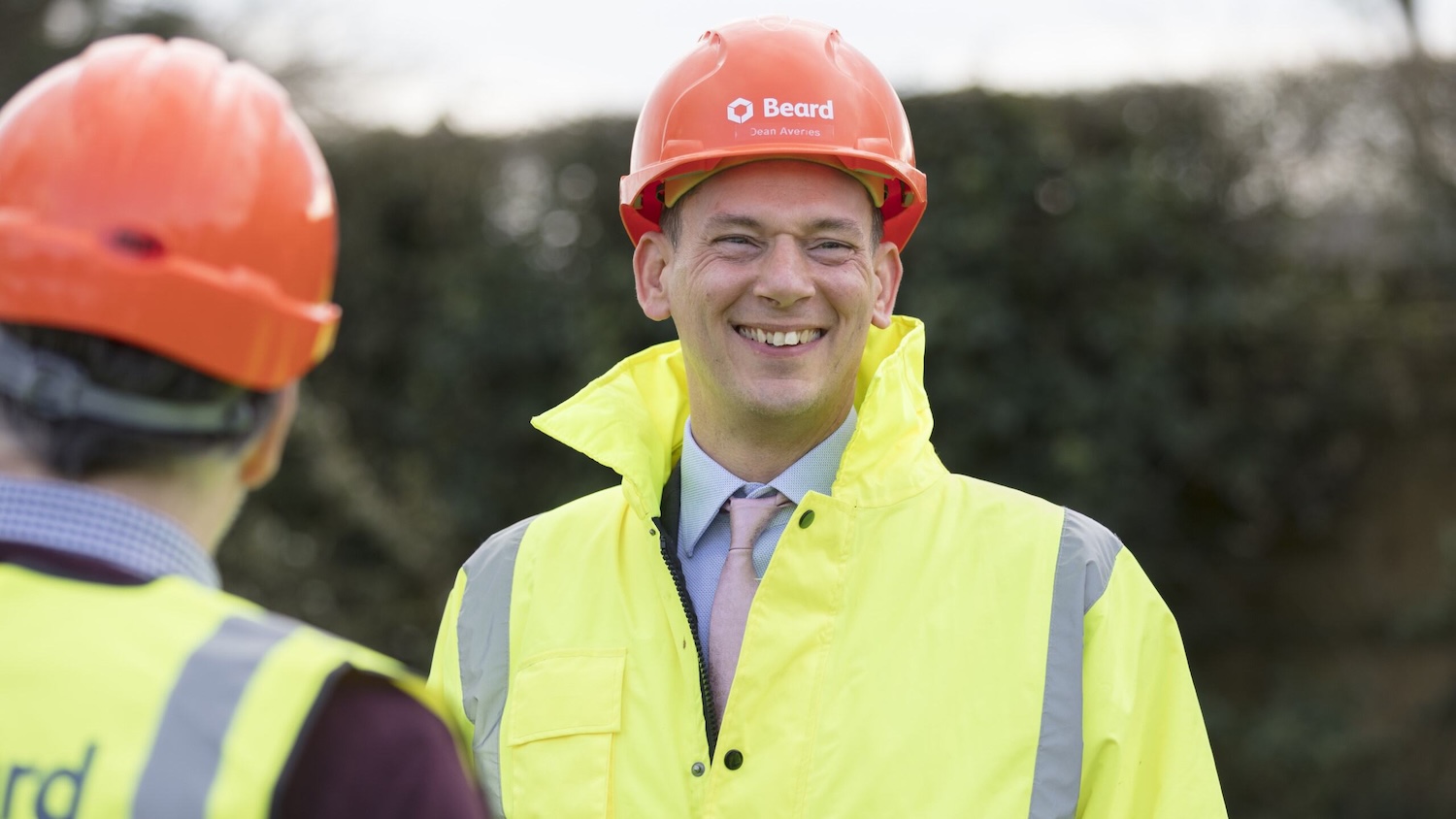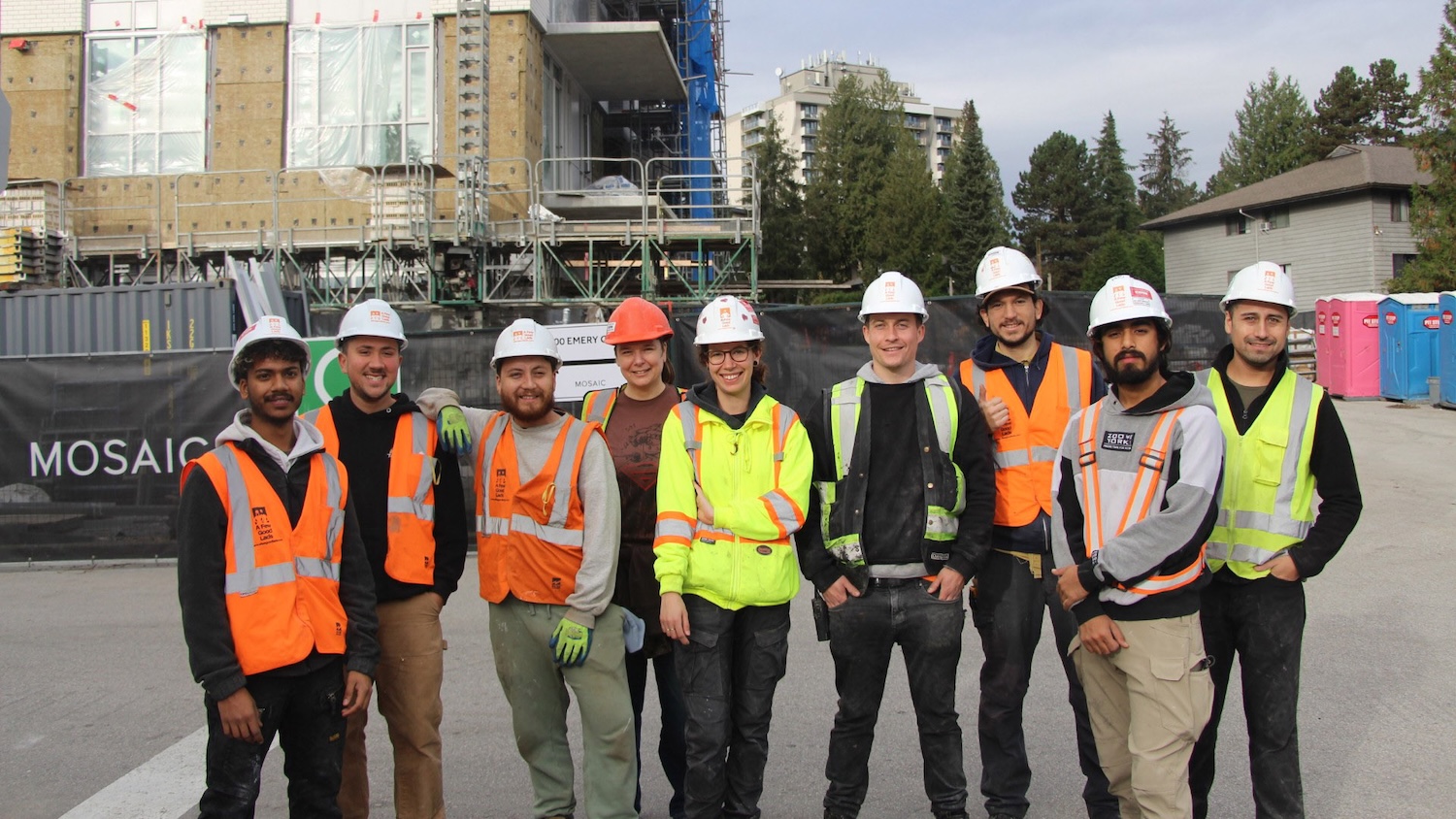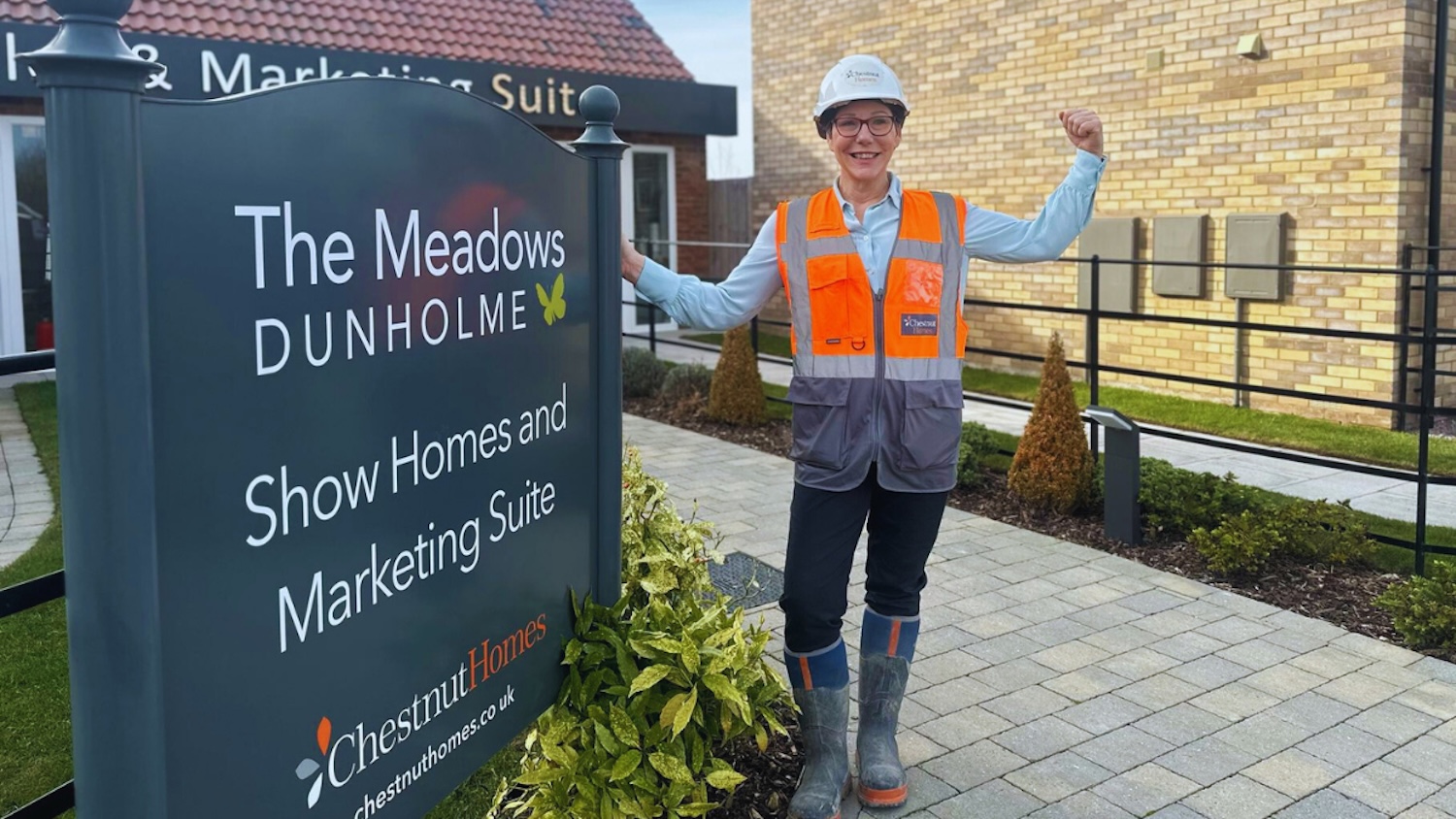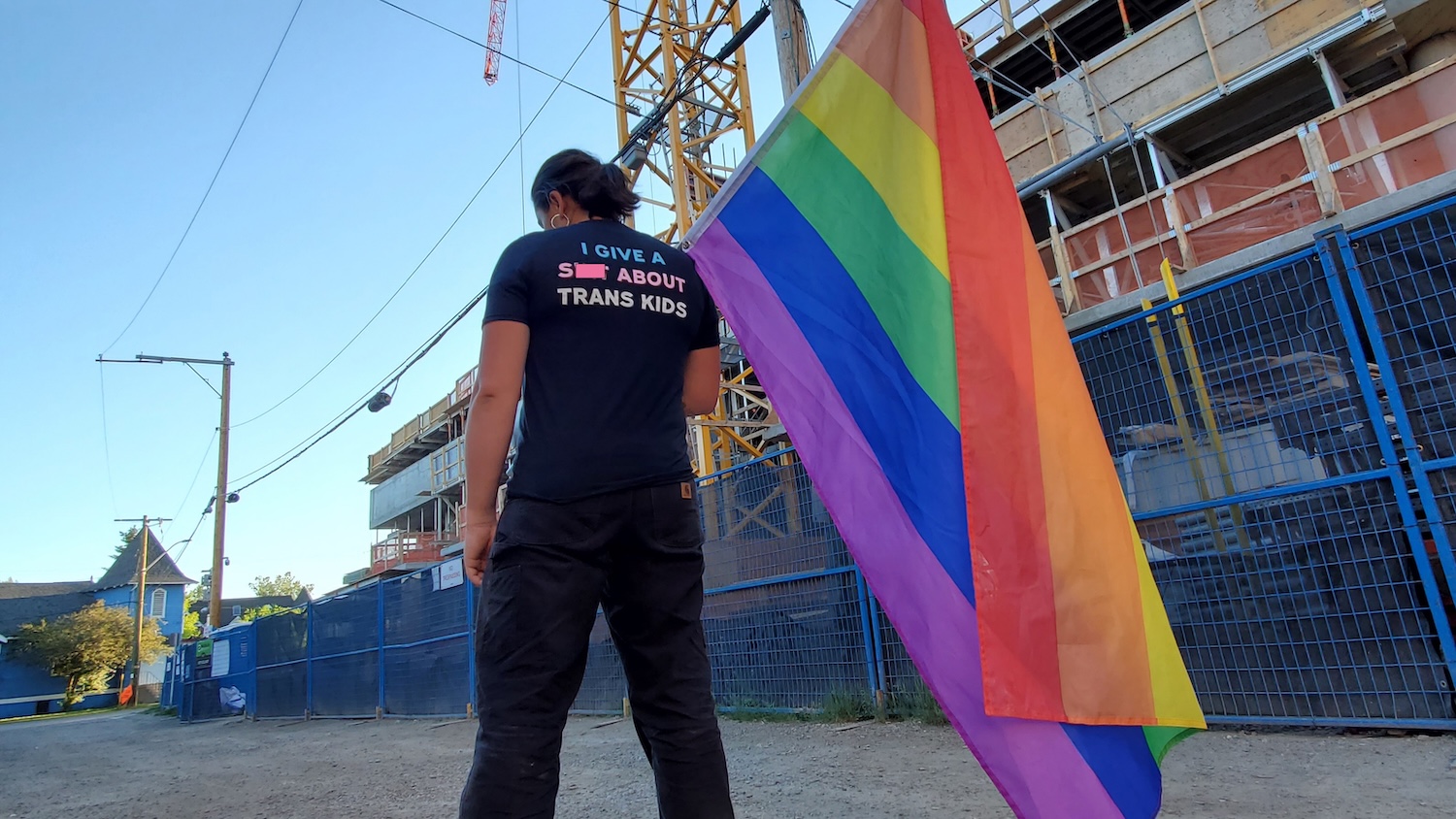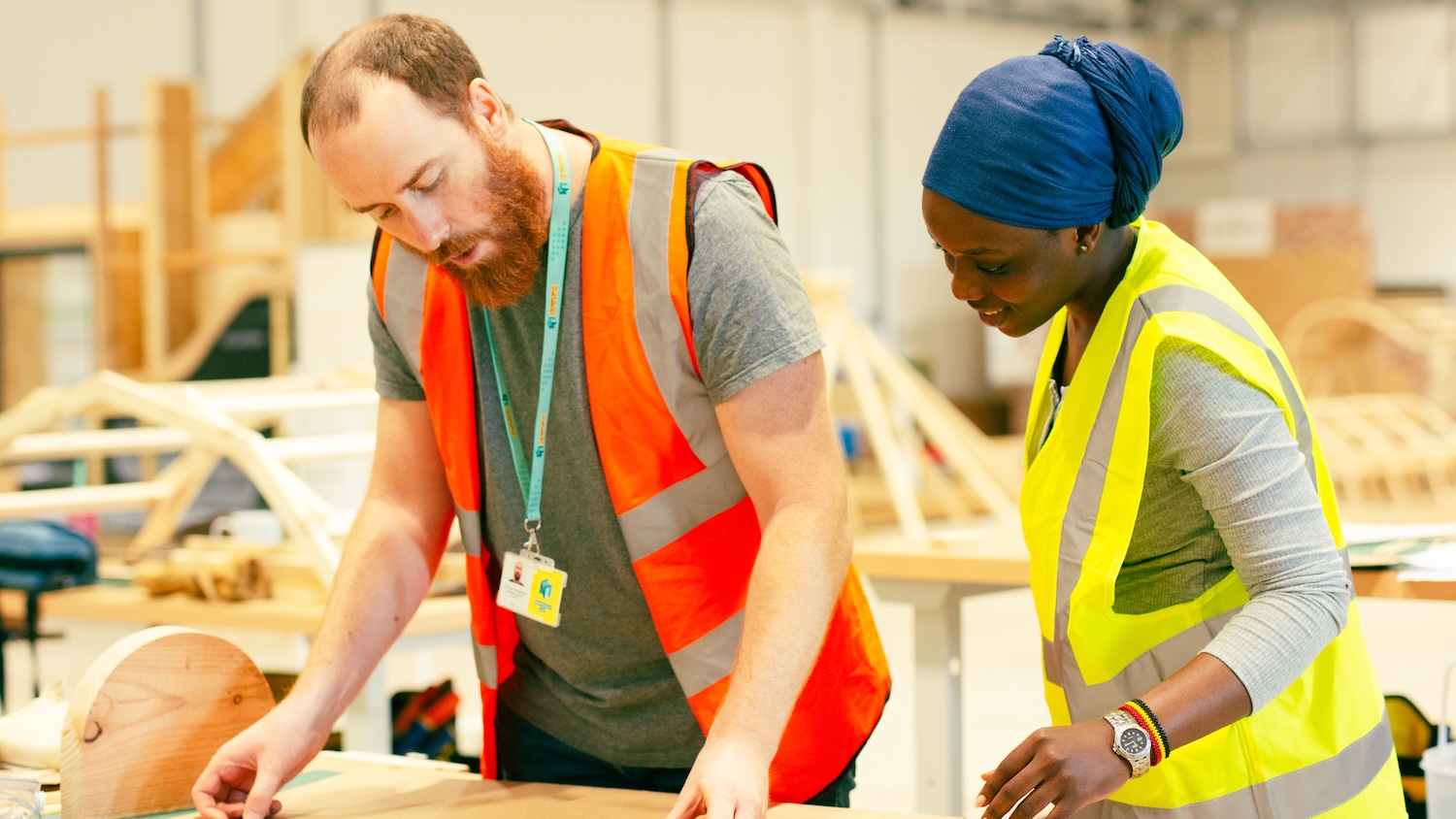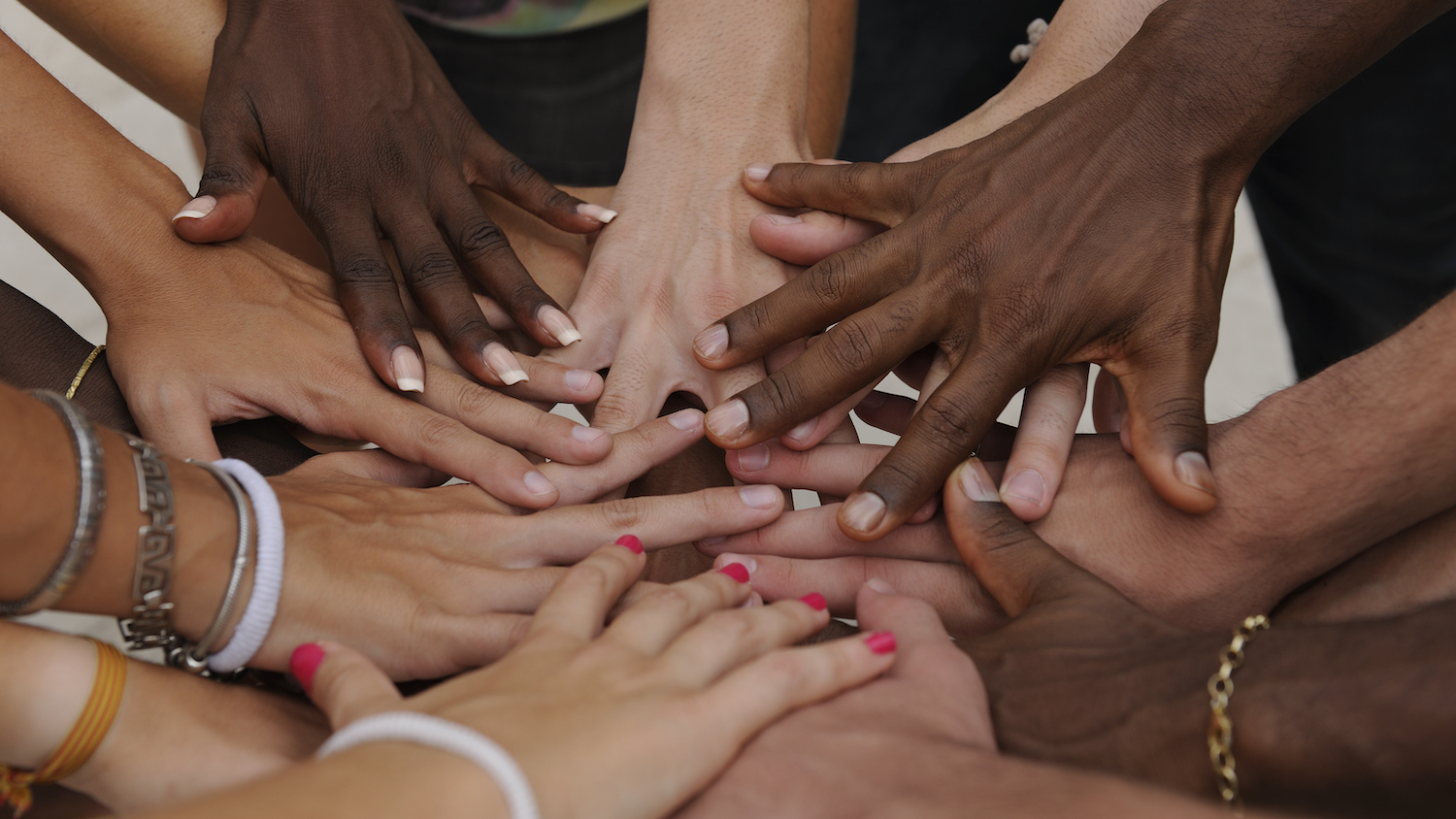
Empowering women in construction
Attracting women to the construction industry – and retaining them – is the focus for a team of academics in Australia who are committed to driving cultural change
In December 2022, the University of New South Wales (UNSW) School of the Built Environment was awarded a $2.3 million (£1.2 million) grant under the Australian government’s Women’s Leadership and Development Programme.
The funding has been used to establish the Women in Construction project, which aims to help attract, retain and empower women in the traditionally male-dominated industry.
Cynthia Wang MCIOB, associate professor at UNSW and co-leader of the Women in Construction project, explains that the funding has three core components that correspond to three career stages of women in the industry.
“First, [we’re developing] activities to change the perceptions of high school girls, their parents and school advisers concerning working in the construction industry,” she says.
“The activities focus on presenting the significance of the construction industry and the various pathways available for women to have a successful career in the industry.”
So far, the programme has delivered more than 100 workshops, attended by more than 1,400 schoolgirls, as well as 100 parents and school advisers.
Wang adds that one of the workshops [see video] took place over five days and involved challenging schoolgirls to construct a shed.
As part of the event, they learned about a range of processes, including planning and design, procurement, construction and health and safety.
Support for studying
The second component of the Women in Construction project is to support women studying construction-related courses at universities.
“These include providing scholarships for [those] studying construction, connecting students with industry mentors, and collaborating with construction companies to offer internships to students,” adds Wang.
“We also organise various networking sessions for students to engage with industry professionals and develop their industry networks.”
The third focus for the project is to provide training funding for women already working in the construction industry, supporting them to upskill and progress to leadership roles.
Riza Yosia Sunindijo MCIOB, also an associate professor at UNSW and co-leader of the Women in Construction project, explains that the provision of support for women at different career stages requires an “all-inclusive effort”.
“Such support is important to not only attract, but also retain women and progress their career in the construction industry,” he says.
“The project builds awareness among schoolgirls, parents and school advisers about the wonderful opportunities of working in this important industry.
“The project continues this endeavour by providing support for women during their university study. For women who are already working in the construction industry, the project provides funding to further progress their career.”
Illustrating opportunities
As part of the project, promotional video content has also been created to help illustrate the variety of roles available in the construction industry.
The team is in the process of developing at least nine more videos to showcase a range of different career paths for women in the industry, from site engineer or quantity surveyor to carpenter or electrician.
The project has also provided a scholarship for a female PhD student who is conducting research on the influence of technology on women’s empowerment in construction.
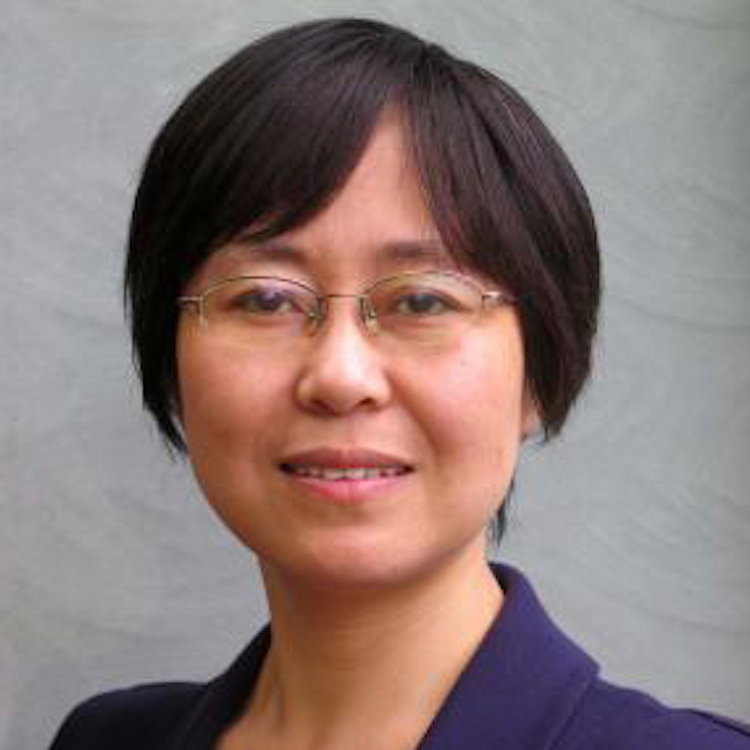
In a male-dominated industry like construction, unconscious bias about women’s ability and suitability in construction can hinder gender diversity, making it difficult for women to enter the industry and progress their career
“Our research will reveal how technology can empower women in construction by, for instance, reducing manual labour, increasing the possibility of remote working and improving work-life balance,” explains Sunindijo.
“This research will develop a framework to help construction organisations improve gender diversity through the integration of technologies in their practices.”
Exposure to new technology
In addition, the project is helping to expose more schoolgirls to the potential of virtual reality technology, robotics and coding, demonstrating how these new technologies can help to improve performance and efficiency in construction.
“For instance, we are organising a Robotics Coding Challenge for school students to develop humanoid robots and games with a theme of gathering materials and build safe constructions to protect humanity from [a] zombie attack,” says Sunindijo.
“Such an exposure shows that construction is evolving and there is a need for the future workforce to upskill themselves.
“Our upskilling funding is also geared to equip women with these necessary skills.”
Tackling unconscious bias
Another key focus for the project involves a collaboration with training provider Cognicity to develop an unconscious bias learning module.
The 30-minute e-learning course is available for free for those working in the Australian construction industry.
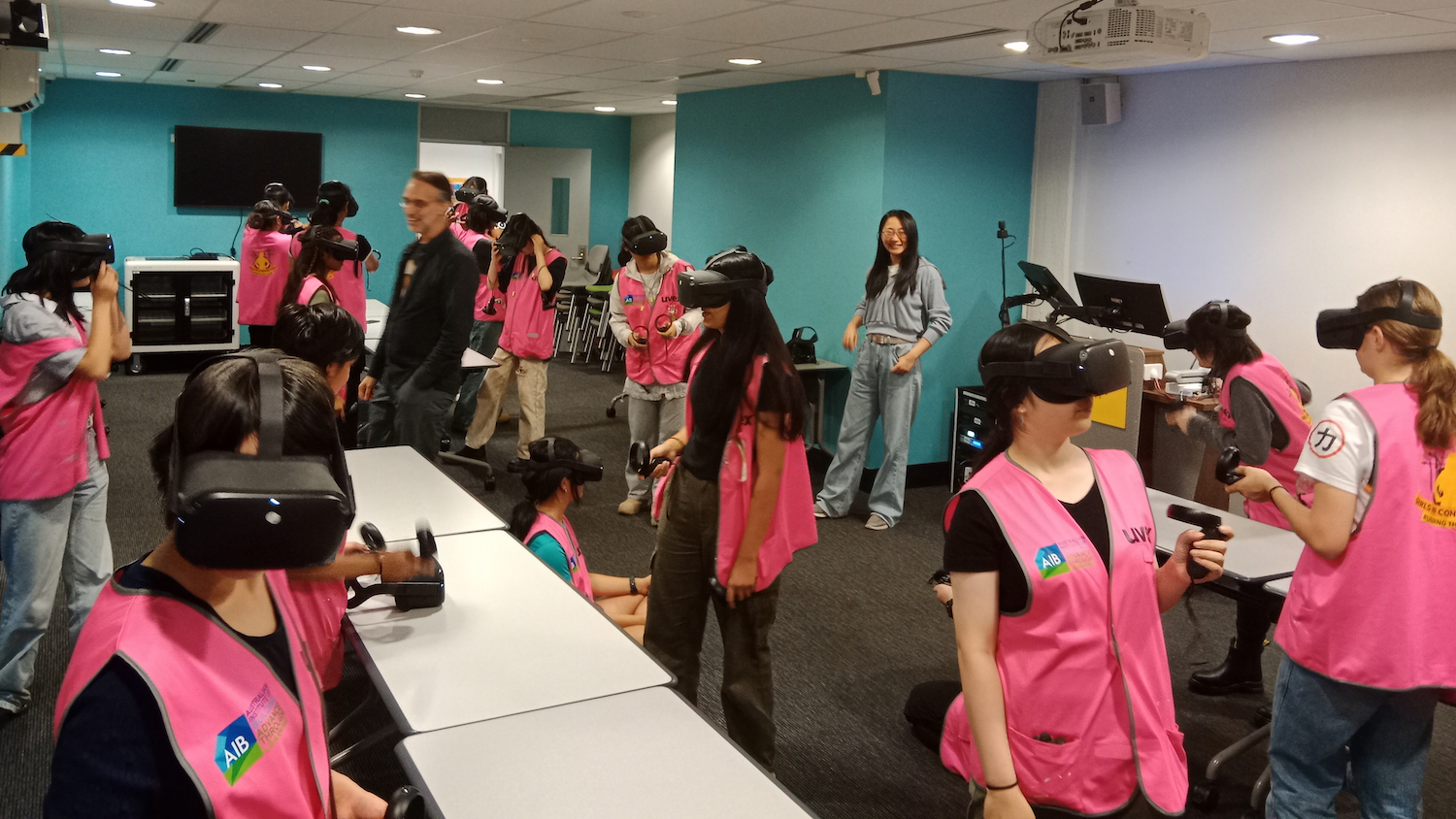
Unconscious bias in the workplace refers to individuals forming an opinion about others based on stereotypes, preconceived ideas, or past experiences, for example. However, the unconscious bias occurs where the individual is unaware of the prejudice they hold.
“Some biases – such as men are logical, while women are too emotional – can negatively affect women’s recruitment and promotion,” says Sunindijo.
“Another common bias views that women tend to focus more on their family, so they will not have time to focus on their work. This bias, again ,will hinder women’s career progression.”
Wang adds: “In a male-dominated industry like construction, unconscious bias about women’s ability and suitability in construction can hinder gender diversity, making it difficult for women to enter the industry and progress their career.
“Anyone working in the construction industry can benefit from this training. It is also important for decision-makers in recruitment and promotion. This is an effort to change the culture of the industry.”
For more information about the e-learning course, contact project officer Yenny Bendatu (y.bendatu@unsw.edu.au).
Find out more about the Women in Construction project here.


